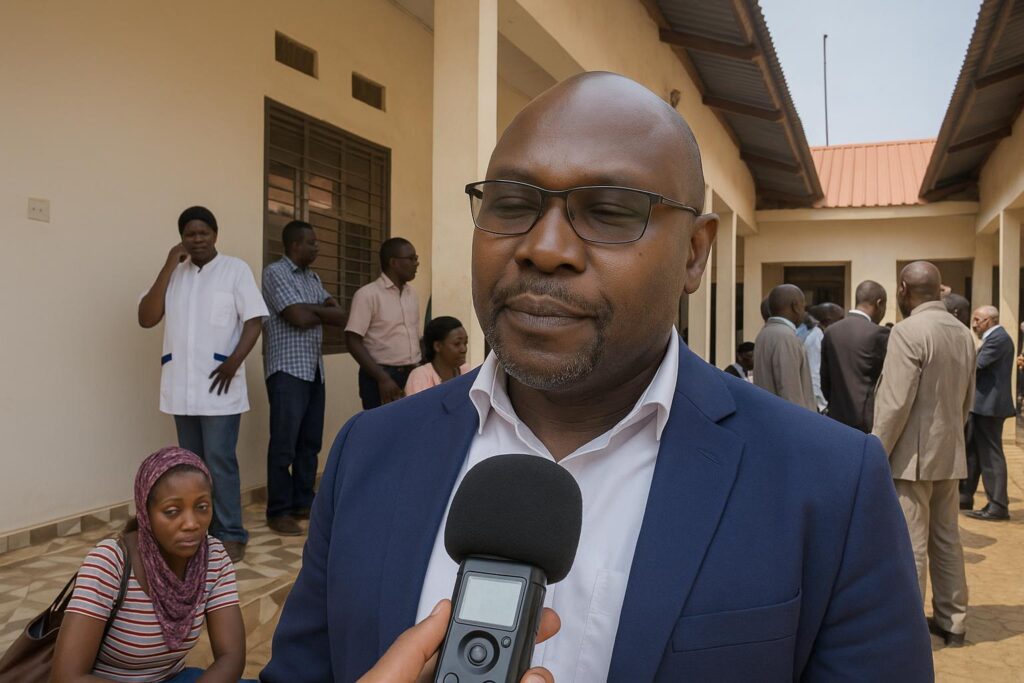Drug Supplies Depleted Fast
Executive Director Justin Bruno reports that stocks meant for half a year vanish in eight weeks, leaving parents to buy overpriced medicines or watch treatment stop.
Children with chronic conditions are hit hardest, hospital records show, with some missing critical doses for days.
Unpaid Heroes Keep Working
Doctors, nurses and cleaners have forgone salaries for more than a year but still sign in daily as volunteers, Bruno says.
Many moonlight in private pharmacies at night to pay rent yet return each dawn to crowded wards.
Power and Water Gridlock
Frequent blackouts force staff to hand-pump oxygen, a risky stopgap for newborns on ventilators.
Two boreholes sit idle because purification chemicals are unaffordable, leaving taps dry or contaminated.
Security Troubles Complicate Care
Medics recount harassment ranging from verbal threats to beatings, allegedly involving uniformed men during nights.
Some clinicians have resigned after armed visitors demanded priority treatment, shrinking the already thin roster.
Funding Gap at National Level
South Sudan’s budget earmarks roughly 1.2 percent for health, far below the 15 percent target set by African Union leaders.
Bruno argues reliable funding could cover salaries, fuel generators and restock pharmacies, turning preventable deaths into recoveries.
Search for Solutions
The Ministry of Health says a revised health plan, expected later this year, prioritises pediatric drugs and alternative energy for hospitals.
International partners such as UNICEF have supplied emergency kits, yet officials emphasise that domestic revenue must eventually sustain services.


